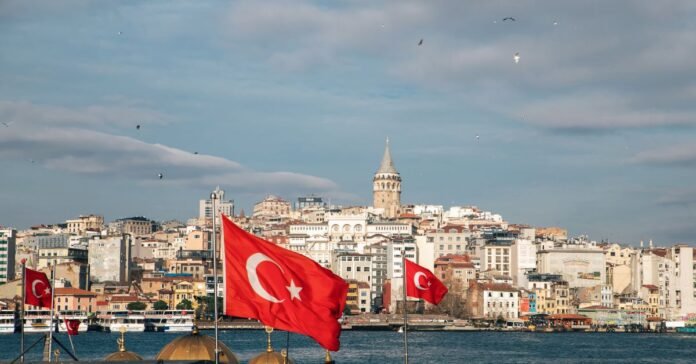An overwhelming majority of people from various ethnic communities in Turkey are calling for the right to education in their native language, according to a survey by the Socio-Political Field Research Center, as they see its importance for cultural preservation and equal access to education, Turkish Minute reported.
The survey, conducted between January 28 and February 11, 2025, with the participation of 1,285 people from 22 cities, measured the level of usage of languages other than Turkish spoken in Turkey and the demand and trends regarding mother tongues.
Among the participants 97.5 percent identified as Kurdish, while 0.8 percent identified as Circassian, 0.7 percent as Armenian, 0.5 percent as Arab, 0.1 percent as Turkish and 0.4 percent as belonging to various other ethnic identities, including Assyrian, Georgian, Laz, Greek and Ossetian, under the “Other” category.
When asked, “How well can you speak your native language?” 27.2 percent of participants answered “very fluently,” 36.6 percent said “fluently,” 27.2 percent said “poorly” and 9 percent said “not at all.”
Regarding the reasons for not being able to speak their native language fluently, 29 percent said it was because the language was not spoken at home, followed by 17.6 percent who cited the prevalence of Turkish spoken in their environment, 13.9 percent who said they did not receive education in their native language, 7.8 percent who attributed it to assimilation policies and 6.9 percent who said their native language was banned.
For the reasons behind the inability to read or read adequately well in their native language, 54 percent of participants said it was due to the lack of education in their native language, while 42.9 percent said the same for their inability to write or insufficient writing skills in their native language.
Survey results also revealed that the percentage of those who speak their native language “very frequently” at home is 77.9 percent in the 65 and over age group, while this percentage drops to 34.1 percent in the 18-24 age group and to 22.4 percent in the 12-17 age group.
When asked, “Would you like your child to receive education in their native language?” an overwhelming majority of 97.8 percent responded “Yes,” while only 1.5 percent answered “No.”
Participants were also asked if they were “concerned” that their children might face discrimination if they spoke in their native language. Although most participants live in Kurdish-majority cities, 49 percent answered “Yes,” followed by 34.3 percent answering “No” and 15.5 percent responding “Somewhat.”
In reply to the question, “Do you think your native language should be protected and developed?” 97.7 percent of participants answered “Yes.” In response to the open-ended question, “What do you think is the biggest threat to the survival of your native language?” 46.5 percent of participants cited “the lack of education in the native language.”
The most common response to the question, “What do you suggest should be the top priority for the protection and development of your native language?” was “It should be the language of education/instruction,” with 31.8 percent.
The Turkish Republic is a nation-state whose constitution holds that every citizen self-identifies as a Turk and that the country’s official language is Turkish.
Throughout most of the 20th century, successive governments have imposed outright bans on or suppression of the Kurdish language in Turkey. The existence of the Kurdish language has long been denied, and speakers of Kurdish have been associated with the outlawed Kurdistan Workers’ Party (PKK), listed as a terrorist organization by Turkey and much of the international community.
Along with Kurds, who constitute the country’s largest minority, other minorities in Turkey have also been denied full enjoyment of their language and culture.















